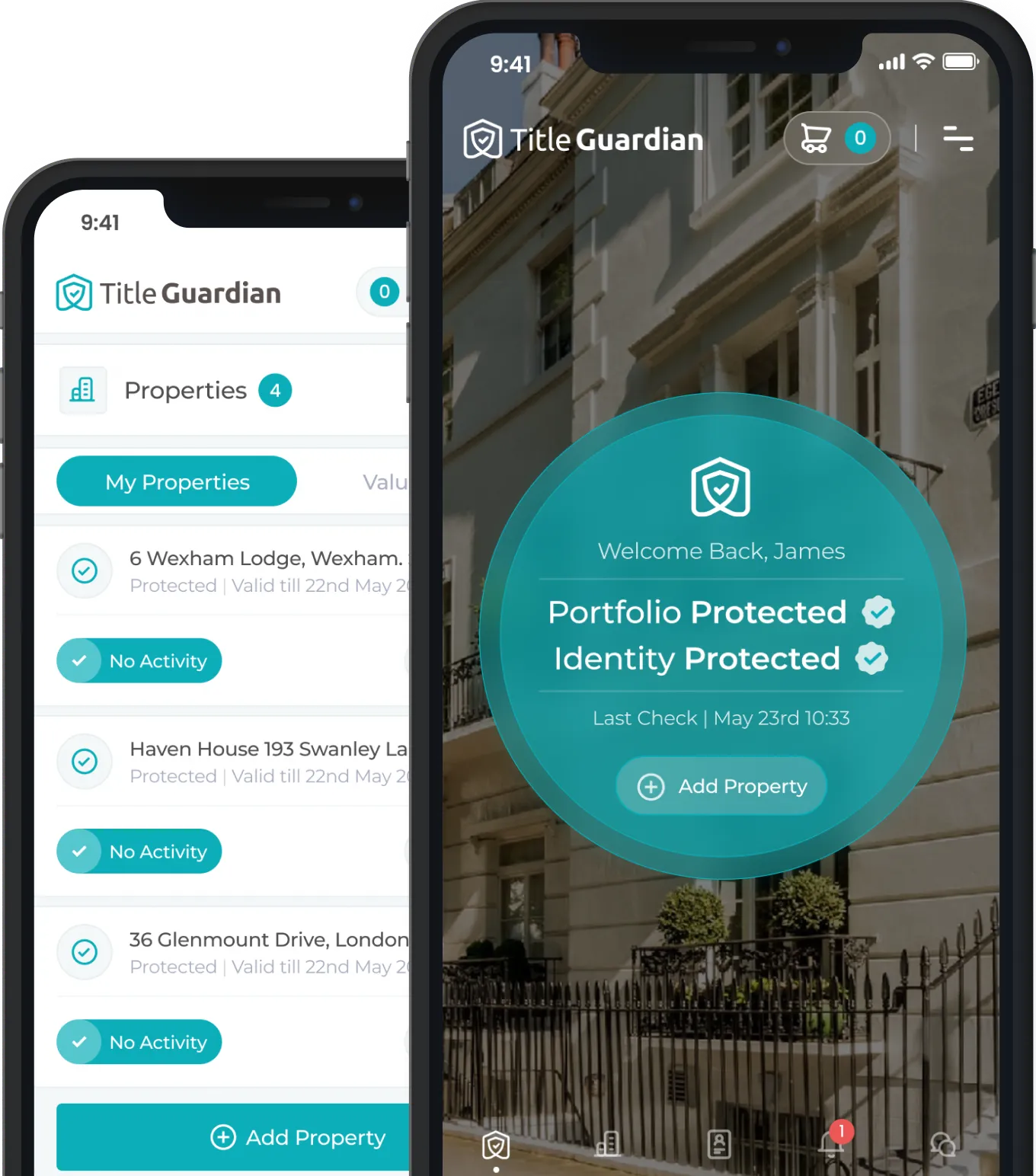Fake rental scams are on the rise. In fact, BBC reports that they have been increasing for quite some time. In 2022, people filled almost 6000 reports, averaging roughly 15 reports a day.
An immense volume of frauds - considering the 23% jump in cases from 2021 to 2022 - that should warn everyone of the risks. Yet, landlords and tenants are rarely ready to identify these schemes.
Such is the case of Eason Lee, as he told BBC.
Mr Lee is an international student who scouted the London rental market in search of a home. Like many others, his need was urgent and his search was quite desperate.
Unfortunately, his rush and frenzy costed him a whopping £13,000 due to experienced scammers acting as landlords.
Although they are common nowadays, the speed and severity of this fraud highlight how much damage they can do to people. Especially those in vulnerable positions.
Let's see how this plot unfolded.
The Rental Fraud in Short
Like many other fake rental scams, this fraud started on an online marketplace. Specifically, Mr Lee was looking on OpenRent in the hope of finding a place to stay in Stratford, east of London.
After some time spent searching without any luck, the young student found a seemingly good opportunity - just one week before the start of the semester.
The fraudsters, posing as real estate agents from a legitimate company, invited Mr. Lee to visit the house. In fact, the scammers were cunning enough to rent the apartment for the occasion and get their hands on the keys.
Soon after the visit, he received a contract and an invoice. Everything pointed out to the legitimacy of the transaction.
After meeting (fake) estate agents and visiting the website of the (bogus) agency, anyone would have been reasonably sure that they were in good hands.
Furthermore, even a check on the UK Land Registry didn't reveal anything suspicious on the landlord's identity.
The reason is simple. Fraudsters managed to use the real owner's name to produce contracts without arousing suspicion. They even went so far as to 'borrow' the company registration number of a real estate agency to fill out the invoice.
To cut a long story short, they devised a simple yet perfect plan.
Immediately after sending the deposit - a certainly large sum of money for a student without a guarantor - the nightmare began for Mr Lee.
When 7 months worth of rent reached the bank account provided by the scammers, OpenRent contacted Mr Lee to warn him that the advert was signaled as potentially fraudulent.
"I walked up to the apartment, rang the bell. Two random guys came out and told me: 'I think you got scammed'" - Mr Lee told BBC. "They had booked the place on Booking.com and the reason they realised we got scammed was because they already dealt with couples that came there before. (...) There was another couple that came in with boxes ready to move in".
The poor student watched helplessly as over £13,000 disappeared in an instant. In his defence, fraudsters exploited the numerous flaws in online marketplaces and land registry security systems to perfection.
Shortly afterwards, Mr Lee began cooperating with Action Fraud to try recovering his funds.
A lengthy and potentially fruitless process that gives little hope of closure.
OpenRent stated that it would assist Mr Lee in his pursuit, but refused to disclose the verification process of the platform owners.
This secrecy, although needed 'to stop further frauds', leaves a number of fundamental questions unanswered.
How did the fraudsters get through the verification process? Why did OpenRent not report the scam quickly?
Fake rental Scams: Scourge of Landlords and Tenants
Lately fraudsters seem to roam freely, carrying out rental scams, property frauds and identity theft.
This is because they can take advantage of one key element: the widespread lack of vigilance among individuals and institutions.
In particular, rental scams, such as the one occurred to Mr Lee, target tenants but also harms landlords.
Indeed, while tenants risks devastating financial losses, rental scams can impact landlords by heavily damaging their reputations.
Moreover, much more serious consequences can potentially harm landlords' financial well-being. When fraudsters manage to use a landlord’s name and address undisturbed, outright property fraud may soon be taking place.
Landlords, as well as tenants, need to be aware of online scams such as this one. Following best practices against identity theft and other schemes is a good way to start.
However, the frequency and gravity of rental frauds - and property frauds in general - now requires constant, tireless vigilance.











